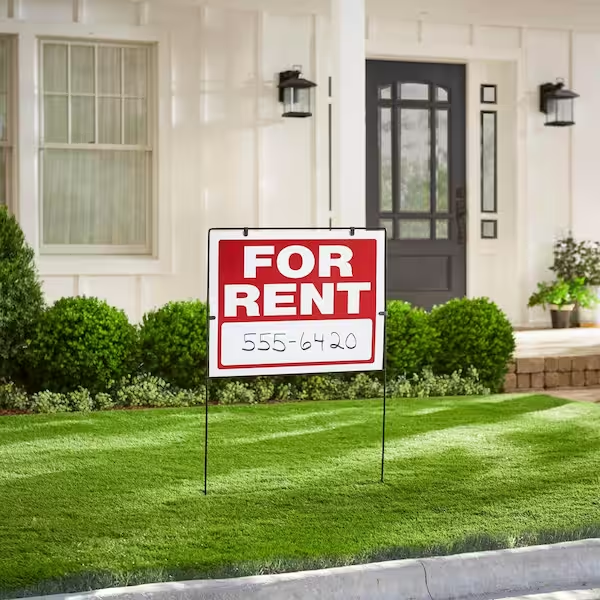Many questions come to one’s mind when renting a place for themselves or their family. When renting out a property, it is the right of an individual to feel safe while they reside in it. The responsibility for safety and security lies on the shoulders of private landlords. The private landlord must take care of their rental property. Similarly, it is the tenant’s responsibility to maintain the property’s condition. Let’s discuss the responsibility of a private landlord before you rent out a private property of your own.
What is a Private Landlord?
When an individual owns one or more properties and then rents them out to tenants, it is called a private landlord. These landlords do not require the assistance of a property management or a real estate company. Private landlords can be people who have inherited the property, or they can be someone who has bought a property as an investment.

What Does the Rule Say?
The Landlords and Tenants Act 1985 states that the landlord is legally responsible for ensuring that the property is safe to rent out and live in. To this end, the landlord must conduct annual gas and electrical safety checks and equip the property with functional smoke alarms.
Gas, electric, and fire safety legislations differ, and they must be implemented strictly to ensure that private property is safe to rent out. If a landlord does not comply with these guidelines, they can be
charged with hefty fines and imprisonment. It is also important for landlords to be aware of their responsibilities and stay aware of any changes in the legislation.
Gas Safety
Landlords of private properties have three responsibilities when it comes to gas safety:
1. Maintenance of gas appliances
2. Annual gas safety checks
3. Keeping a record of the gas safety certs and issuing a copy to the tenants
Additionally, the tenants must know the location of the property’s main gas valve. Although it is not mandatory to inform them about this, it can save the tenants and the property from potential harm.
The private landlord must regularly check that the gas equipment on the property is safely installed and get it checked by a gas-safe registered engineer. These checks must also include boilers, flues, or any other gas appliance. The private landlord must also provide the tenants with a gas certificate within 28 days of its issuance.
The latest amendments to the regulation also require the landlord to install smoke and carbon monoxide alarms in specific rooms. These alarms must be installed in rooms that contain a solid fuel-burning appliance.
Electrical Safety
Electrical faults cause the majority of house fires in the UK. Because of this, private landlords must conduct regular electrical safety checks on their properties. By law, they must conduct these checks before the new tenants move in and maintain them as long as they stay on rent. It is also important to ensure that the electrical appliances in the house are safe to use and have been PAT tested.
There are no strict laws currently ensuring electrical safety on private properties. However, as per recommendation, the landlord must have an electrical installation condition report once every five years and hire a competent electrician to carry out the checks. Until a strict law regarding these regulations comes into place, it is recommended that electrical checks be carried out once every five years.
Fire Safety
The devastating Grenfell Tower event has increased awareness of fire safety among private property tenants. Previously, people would never consider fire safety to be important. However, it has become important for landlords to ensure fire safety on their private properties. After 2015, it became mandatory for landlords to install at least one smoke detector on every floor of their property.
Every different type of property will require different types of fire safety measures. If you supply furniture to a rented property, you must ensure it is fire-safe. Moreover, you must also provide enough access to all the escape routes on the property. Most importantly, a landlord must ensure they have
done everything to comply with the fire safety regulations. They are also responsible for teaching the tenants about the safety routes if a fire breaks out.
Conclusion
Before renting out a private landlord, you must know your rights and authority as a tenant. You must know about the lease agreement and its outlines. The landlord is responsible for providing the tenancy agreement; it is important to read it thoroughly before signing. Tenants must also know that the landlord is responsible for the maintenance and repairs of any type on the property. As a tenant, you must know how to report these problems and get them solved effectively.
Always remember that effective communication is essential when dealing with private landlords. You must clearly understand their responsibilities and your duties as a tenant. Also, ask them about their availability to resolve any issues that might happen in the future.

